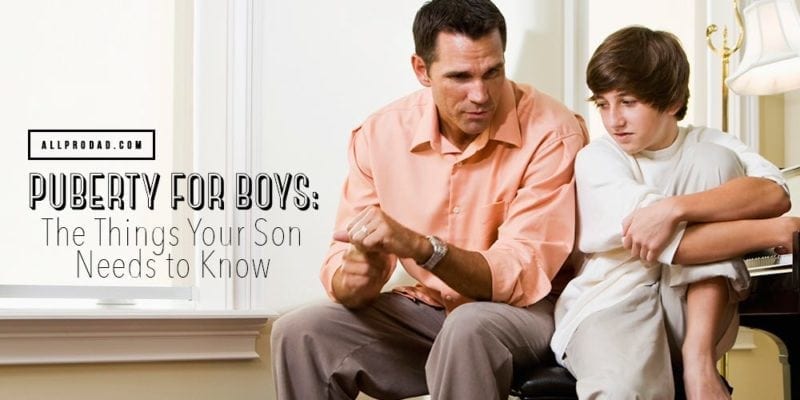Several months after going on staff with a youth outreach organization, I took around 40 middle schoolers to camp for a week. I introduced myself to every kid as the kids got on the bus. My interactions with them felt awkward, but I was confident it would get better as the week went on. It didn’t. Every time I said hello to a kid, he or she’d looked at me like I just asked how to synthesize a methylated alkaloid. All I got was confusion and blank stares. Every exchange had an amazing dose of weirdness. I felt like I was taking crazy pills. There may have been some malice in how they treated me, but I think it boiled down to a general social awkwardness typical of their age.
Middle school is by far the weirdest time of life. There are so many changes and difficulties for tweens to contend with. Of course, there is pressure to perform in academics, athletics, and activities, and there’s pressure to fit in with peers. There is family strife and the complexities of social media. That’s also true of high school and even college, but the middle school years bring unique challenges. Knowing the difficulties middle schoolers have gives us more empathy and strategy in helping them establish their place in the world. Here are the top 5 middle school problems tweens face.
1. The Awkward Phase
Their bodies feel out of control, and so life is full of feelings of embarrassment. Then you have those who develop quicker or later than others, which breeds insecurity and instability. The youngest adolescents still possess all the self-absorption of a child but without the cuteness. It leaves the rest of the culture feeling annoyed by them, and they’re either unaware of that or don’t care. More than likely, they’re unaware. The “don’t care” phase is more related to high schoolers. In the end, though, the world of uncertainty surrounding them leads to perpetual feelings of angst.
2. Changing Friendships
The relationships they had in elementary school start to change. Many kids experience having less and less in common with their childhood friends. Without the social skills to deal with the complexity of changing relationships, they tend to coldly disassociate from one another, resulting in hurt feelings. For example, one child may be left wondering why his “best friend” no longer wants to hang out with him. So not only are their bodies unpredictable, but their social structure is as well.
3. Living in a Culture of Meanness
Middle school is the epitome of the mean environment. Unfortunately, only the political arena is worse. At least tweens have some kind of excuse. In their angst caused by the uncertainty around them, they are looking to reacquire some sense of control. Putting down someone else or even bullying gives them a sense of the power they are lacking. Since they have not developed the part of the brain that helps them evaluate cause and effect, they don’t have the ability to recognize the damage they are causing to the person they are destroying. So the meanness is fierce and relentless.
4. Feeling Alone in Groups
Due to the mean environment, middle school friendships are generally formed out of a need for protection. Their groups offer a safe haven, as long as the group is strong. A group is only as strong as its weakest person, so each person has to posture strength no matter how he or she feels. Therefore, the trust and vulnerability levels are shallow. So even in a group of “friends,” most feel alone. For those unable to find a group, the feeling of loneliness can be unbearable.
5. The Independence Vs. Dependence Paradox
In the tween phase, kids move toward independence from their parents. However, they still crave the security and support parents offer. It’s as if they are holding up a stop sign while motioning their parents to come in. Parents are left in a confusing situation. They have a kid who looks more adult-like but still has the mental ability of a child. Ultimately, tweens want their parents to be involved in their lives. They want their parents’ guidance but in their timing and on their terms.
If you are parenting a middle schooler, try to show as much empathy as possible. Middle schoolers are in a difficult stage of life and need security, stability, and support from you. Be a safe and available person. Make sure to keep the lines of communication open. Use the Q & U app to help.
Sound off: What’s the greatest challenge you’ve faced with your tweens?











Huddle up with your kids and ask, “What is the hardest thing about being a kid?”